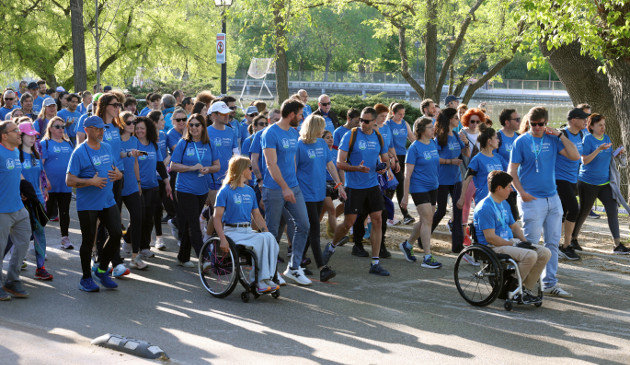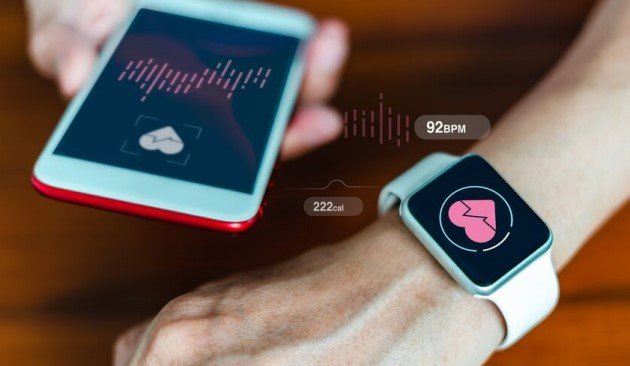We, as humans, are generally healthier than we have ever been before. And while it is wonderful that many of us are living longer, healthier, happier lives, sadly, this has come at a cost to the planet we depend on.
The environment impacts our health in ways so deeply connected to our everyday life that we don’t even recognise it. It’s at the core of what we drink, eat, breathe and, how we move around–and what’s clear is a healthy environment is essential for healthy people.
At Bupa’s recent Global Clinical Forum, attended by hundreds of our people right around the world, pollution and the harm we are doing to the environment surrounding us was a big topic of conversation.
We can’t escape the fact that humans create pollution in many forms, including air, noise, light, water and plastic and as a result we are significantly contributing to climate change, damaging habitats, and reducing biodiversity.
When the environment is damaged – so are we
And when the environment is damaged – so are we. It’s well known that air pollution is harmful to the lungs and airways, but exposure to air pollutants can also damage most other organ systems in the body. The combined effects of outdoor and indoor air pollution cause about seven million premature deaths every year. Air pollution levels remain dangerously high in many parts of the world and data from the World Health Organisation (WHO) shows that 9 out of 10 people breathe air that exceeds WHO guideline limits.
So, what are we doing about it? We all have a role to play in reducing and eliminating the harmful effects pollution is having on the world around us. Yet the challenge for those of us working in healthcare is the less than straightforward path to greener choices.
One example that strikes me regularly is the plastic waste generated in hospitals, health clinics, care homes and other clinical settings. We know that disposable medical equipment helps to reduce infection risk and cross-contamination, but if plastic waste is not managed appropriately it will enter the environment and adversely impact health. If we were to switch to non-disposable equipment to reduce the use of plastic we would need to ramp up our disinfectant use which has its own environmental and personal health consequences.
There are many similar examples in health and care provision, and of course when we think about the impact of healthcare on the environment we also need to take into account manufacturing, supply chains and patient care journeys. Making more sustainable choices in the healthcare sector is an incredibly complex area but one we are committed to understanding so we can make better decisions for the benefit of our planet. As a global business, we have committed to establishing science based emissions reduction targets, to make sure we are acting in line with what the science is telling us, and helping safeguarding our planet for us all.
Bupa is on a journey towards a more sustainable future and we have bolstered our long-held purpose to include ‘making a better world’ to reflect this. Our purpose now is ‘Helping people live longer, healthier, happier lives and making a better world’. New research is always emerging and our knowledge is still evolving. But as one of the world’s largest healthcare organisations, we have a duty and a drive to do our best to ensure our customers, patients and people are thriving in healthier, more sustainable environments.

Dr Paula Franklin
Chief Medical Officer, Bupa Group



